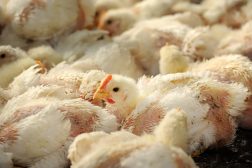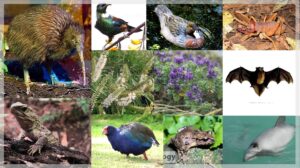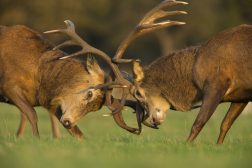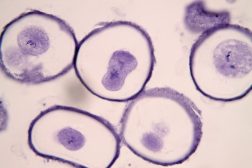Definition
noun, plural: diversities
(biology) The degree of variation of living things present in a particular ecosystem
(general) The state of being diverse; variety
Supplement
In biology, diversity may pertain to the variation of life forms present in different ecosystems. Specifically termed as biodiversity, its scope includes (but not limited to) the following: (1) genetic diversity, (2) ecosystem diversity, (3) species diversity, (4) phylogenetic diversity, (5) crop diversity, and (5) functional diversity. Genetic diversity refers to both the vast numbers of different species as well as the diversity within a species. Ecosystem diversity refers to the diversity of a place at the level of ecosystems. Species diversity pertains to the effective number of species represented in a data set. Phylogenetic diversity measures the diversity that incorporates phylogenetic difference between species. Crop diversity refers to the variance in genetic and phenotypic characteristics of plants used in agriculture. Functional diversity pertains to the elements of biodiversity that have an effect on the function of the ecosystem. Diversity in biological sense thus measures the variety of organisms in a particular ecosystem. It tends to cluster in hotspots.1
Word origin: French diversité, Latin dīversitās
See also:
- ecosystem
- biodiversity
- species
- hotspot
Related term(s):
Reference(s):
1 Myers, Norman; Mittermeier, Russell A.; Mittermeier, Cristina G.; da Fonseca, Gustavo A. B.; Kent, Jennifer; Mittermeier, Cristina G.; Da Fonseca, Gustavo A. B.; Kent, Jennifer (24 February 2000). “Biodiversity hotspots for conservation priorities”. Nature 403 (6772): 853–858.







